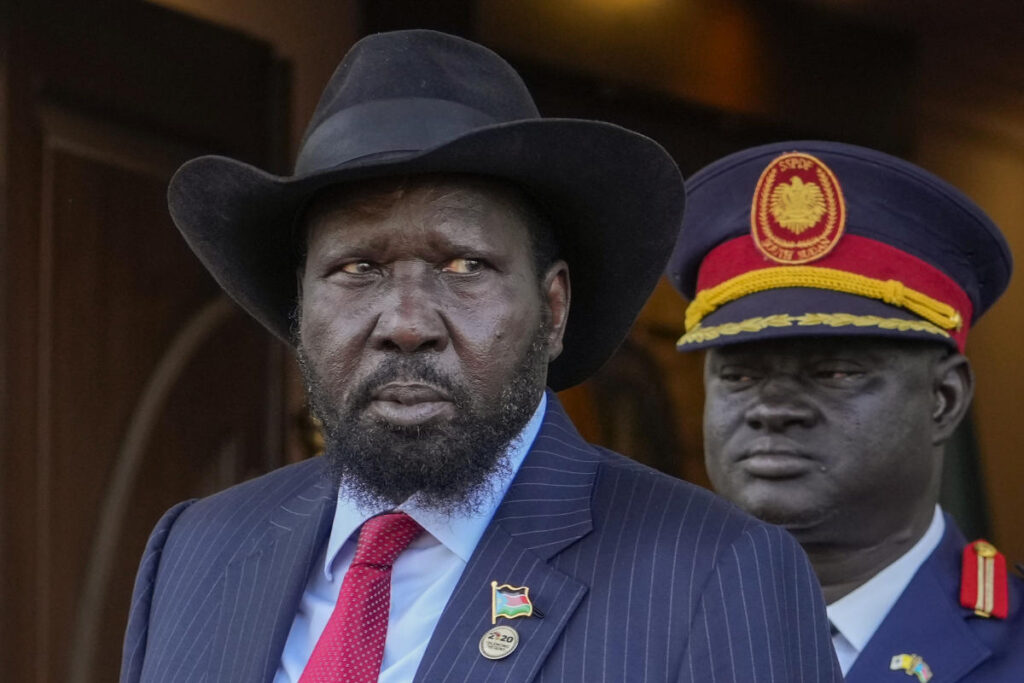JUBA, South Sudan (AP) — South Sudan’s government has postponed elections scheduled for December for two years as processes including a census, drafting a permanent constitution and registering political parties were completed.
Presidential National Security Adviser Tut Gatluak said Friday that the extension would allow crucial processes to be completed before the new election date of Dec. 22, 2026.
It is the second time that the country, which gained independence in 2011, has postponed elections and extended a transition period that began in February 2020.
President Salva Kiir and his former rival and Vice President Riek Machar signed a peace deal in 2018 that ended a five-year civil war that had left more than 400,000 people dead.
Cabinet Minister Martin Elia Lomuro said the extension followed recommendations from both the electoral institutions and the security sector.
Last month, the chairman of the National Electoral Commission, Prof. Abednego Akok, told the Associated Press that the country was behind schedule. Voter registration was supposed to start in June but had not yet happened due to a lack of funds.
The country is struggling with an economic crisis, which has left civil servants unpaid for almost a year. Oil exports have been disrupted by a damaged pipeline in war-torn neighbouring Sudan, through which the oil is exported.
The Tumaini Initiative peace talks underway in neighbouring Kenya, which are supposed to provide a basis for the participation of non-signatory groups to maintain peace, have also stalled.
In August, a new security law came into force allowing people to be detained without warrants, despite concerns from human rights groups that it would cause fear in the run-up to elections.
Andrea Mach Mabior, an independent political analyst, warned that sham elections could lead to wasted resources and chaos.
“If we hold elections that do not meet international standards, it is a waste of money,” Mabior told AP.
However, others, such as Edmund Yakani, executive director of the Community Empowerment Progress Organization, said delays in the elections or an extension of the transition period would increase the likelihood of violence erupting in the fragile country.
“If we fail to hold elections in December 2024, the country is more likely to descend into violence than if we hold elections,” Yakani told the AP in August.
The country, which has been reeling from the shocks of civil war and climate change, is in need of humanitarian assistance. According to the UN Humanitarian Needs Assessment for South Sudan 2024, 9 million people (73% of the population) are expected to need humanitarian assistance in 2024.

